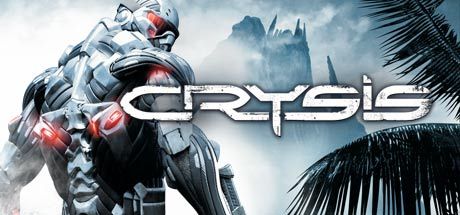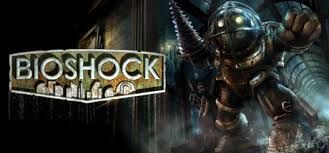2007- A Great Year For Gaming
Apr 09, 2019 • 53 views
2007 for me, was a very normal year. As a kid going into the 8th grade, this was the year where I started taking steps towards a new phase of life, leaving behind that tension-free life (ah, the good ol’ days!). At this point of time, to be very honest, the only games that I had played were some stupid online games by local websites. What I did not know at that time was that two revolutionary first-person shooter games were making their mark that year. These games have still stood the test of time, and will continue to be remembered for years to come, owing to their unique features, while having one thing common: they are still a blast to play.
Crytek was the studio which till that time had only developed one game, which was the harbinger of another great series to come, ‘Far Cry’, released in 2004. The game was critically acclaimed, with its visuals and gameplay receiving particular praise. Around that time, Electronic Arts (EA) announced that it had partnered with the studio to develop a first-person shooter, and that came to be known as Crysis. The gameplay was challenging, the player’s Nanosuit was fun to use, and the multiplayer was acclaimed. What made the game stand out was its graphics and visuals that were years ahead of that time. The game’s complexity can be judged from the fact that there were over three thousand pages of code, containing more than a million lines. The systems that were around at that time did not have that capability to run the game at the highest settings (some did), leading to the common catchphrase that was used to describe any system from thereon, which was ‘But can it run Crysis?’ Sequels were developed in 2008, 2011 and 2013.

What lacked in Crysis was a proper story, where Bioshock scored a lot of points over its competitor. 2K Games, with their studios at Boston and Australia, developed this game that was overseen by Ken Levine, who had worked on a game known as ‘System Shock’ earlier, and Bioshock was considered a spiritual successor to this game. The game focusses on a young man, involved in an airplane crash that leads him to the discovery of a supposedly utopian colony underwater, known as rapture. The gameplay was good enough, but what elevated it was its focus on the environment and the philosophical and moral choices that were involved throughout. Inspired by the works of George Orwell and Ayn Rand (the antagonist’s name, Andrew Ryan, was a play on Rand’s name), the game explored themes of the oppression of the working class, stem cell research, as well as mind-control techniques (the phrase ‘Would you kindly?’ echoes throughout the game). The adulation that the game received paved way for future instalments in 2010 and 2013.

Games such as these are increasingly rare to come by, with studios now focussing on expansion and spin-offs. And that’s exactly why 2007 was a special year for gamers (especially PC gamers).
